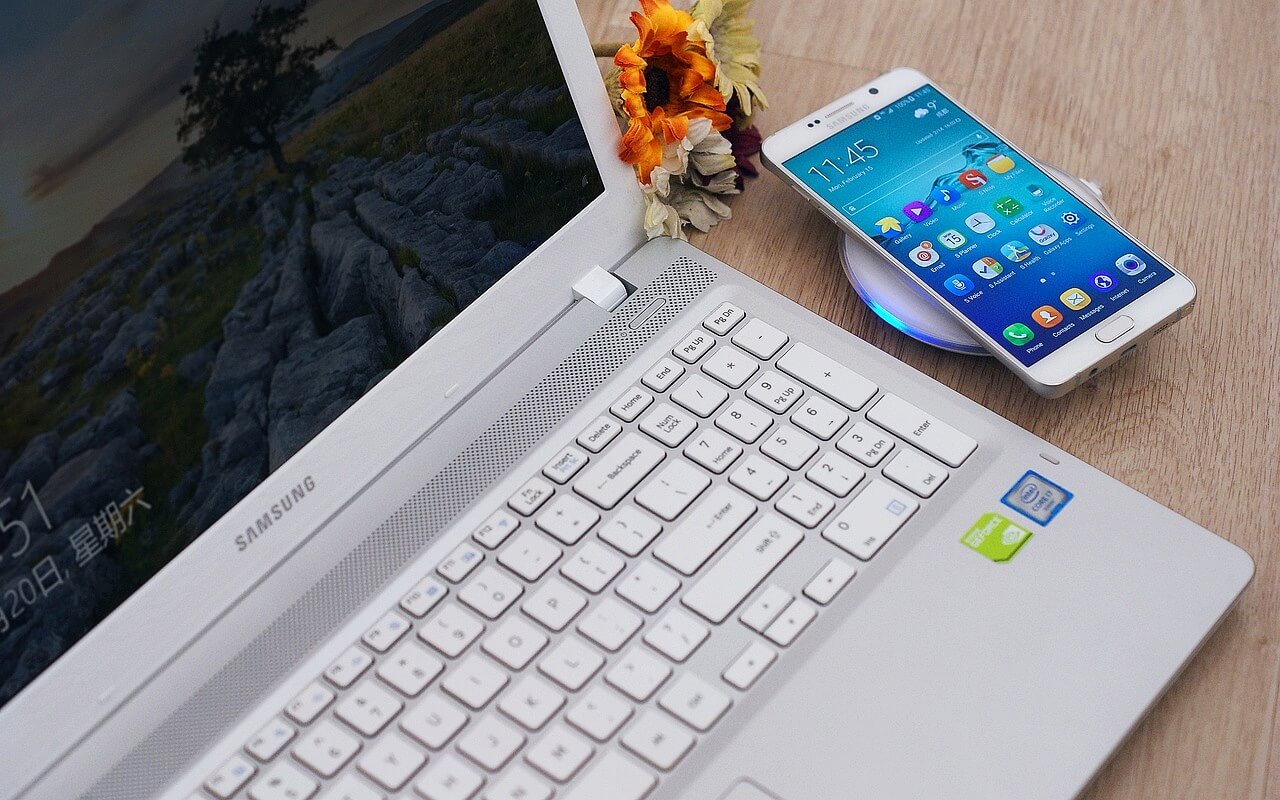Your cart is currently empty!
How to Charge a Laptop Battery Without a Laptop?
Introduction Charging a laptop battery without the laptop may seem...
Get up to 50% off new season styles, limited time only

Wireless charging has become increasingly popular due to its convenience and the elimination of messy cables. However, many people wonder whether these chargers are compatible with all smartphones. In this blog post, we’ll explore how wireless charging works, the compatibility of various devices, and tips for ensuring successful wireless charging.
Wireless charging operates through a technology called inductive charging. This process uses electromagnetic fields to transfer energy between two objects. Here’s a simplified breakdown:
While wireless charging is a fantastic feature, it is not universally compatible with all smartphones. Here are the key factors that determine compatibility:
Most wireless chargers use the Qi (pronounced “chee”) standard. This universal standard is supported by a wide range of devices, including:
If your phone is Qi-compatible, it will work with any Qi wireless charger.
Even if a phone is compatible with wireless charging, the charging speed may vary based on the device and the charger used. For example:
For smartphones that do not support the Qi standard, such as older models or certain budget devices, wireless charging will not work unless they have an adapter. Some brands offer wireless charging cases or adapters that can be attached to the phone, enabling compatibility with Qi chargers.
To ensure your phone charges efficiently and effectively, follow these tips:
In summary, wireless chargers do not work with all phones; compatibility largely depends on whether the phone supports the Qi standard. Most modern smartphones do, but for older models or specific devices, wireless charging may not be an option unless an adapter is used. By following the tips outlined above, you can maximize the effectiveness of wireless charging and enjoy the convenience it offers.
Latest Categories
Introduction Charging a laptop battery without the laptop may seem...
Introduction When it comes to charging laptops, using the correct power...
Introduction Phone chargers are essential accessories that power our devices...
0 Comments